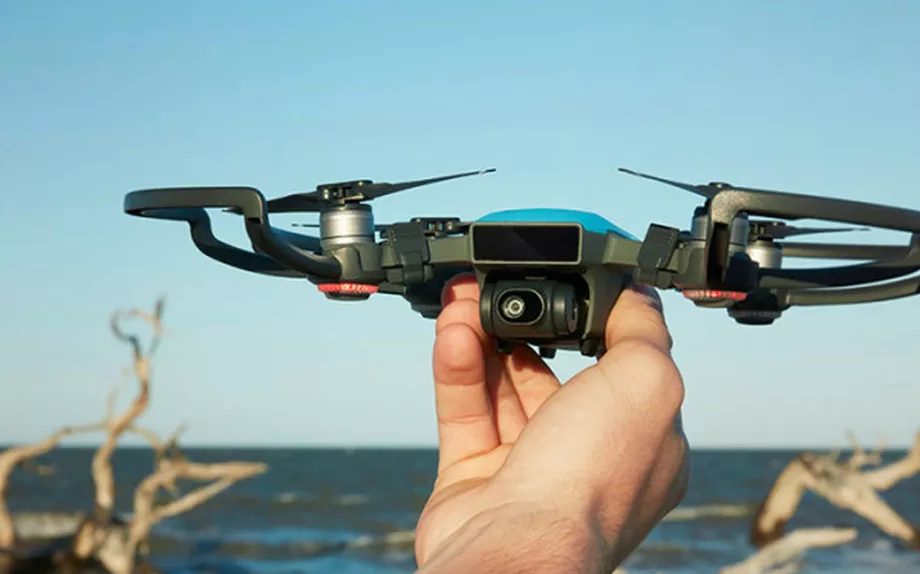DJI is the biggest name in drones by a country mile. Think of it like Apple for drones: Its machines aren’t always the fastest or have the best battery life, but you can put a remote in anyone’s hands and have them up and grinning in under two minutes.
But according to Homeland Security’s resident conspiracy theorist, DJI might really be a screen for a massive Chinese government information and cyber-warfare campaign.
The New York Times obtained an August memo from Homeland Security that made a number of startling accusations about DJI:
The Chinese government is likely using information acquired from DJI systems as a way to target assets they are planning to purchase. For instance, a large family-owned wine producer in California purchased DJI UAS to survey its vineyards and monitor grape production. Soon afterwards, Chinese companies began purchasing vineyards in the same area. According to the [source of information], it appeared the companies were able to use DJI data to their own benefit and profit.
The memo also says that DJI, a company, is selling its products to other companies for money:
DJI is particularly interested in exploiting data from two critical infrastructure sectors: U.S. railroads and utilities. In early 2017, the company invited senior level management from critical infrastructure sectors to a three-day conference at its new innovation center in Silicon Valley, California. The 12,000 square foot facility is the largest UAS training center on the West Coast and is designed for research, development, and training. DJI is inviting key customers to attend training sessions and conferences to further encourage U.S. companies to purchase and use DJI systems.
It just so happens that drones are the perfect tool for inspection and maintenance work of any large infrastructure project, including railroads, pipelines, and aqueducts.
While it’s not technically impossible that DJI is really a government front operation, the Homeland Security memo is constructed from incredibly circumstantial evidence. DJI completely rejected the allegations in the memo, telling the New York Times that “the allegations in the bulletin are so profoundly wrong as a factual matter that ICE should consider withdrawing it, or at least correcting its unsupportable assertions.”










